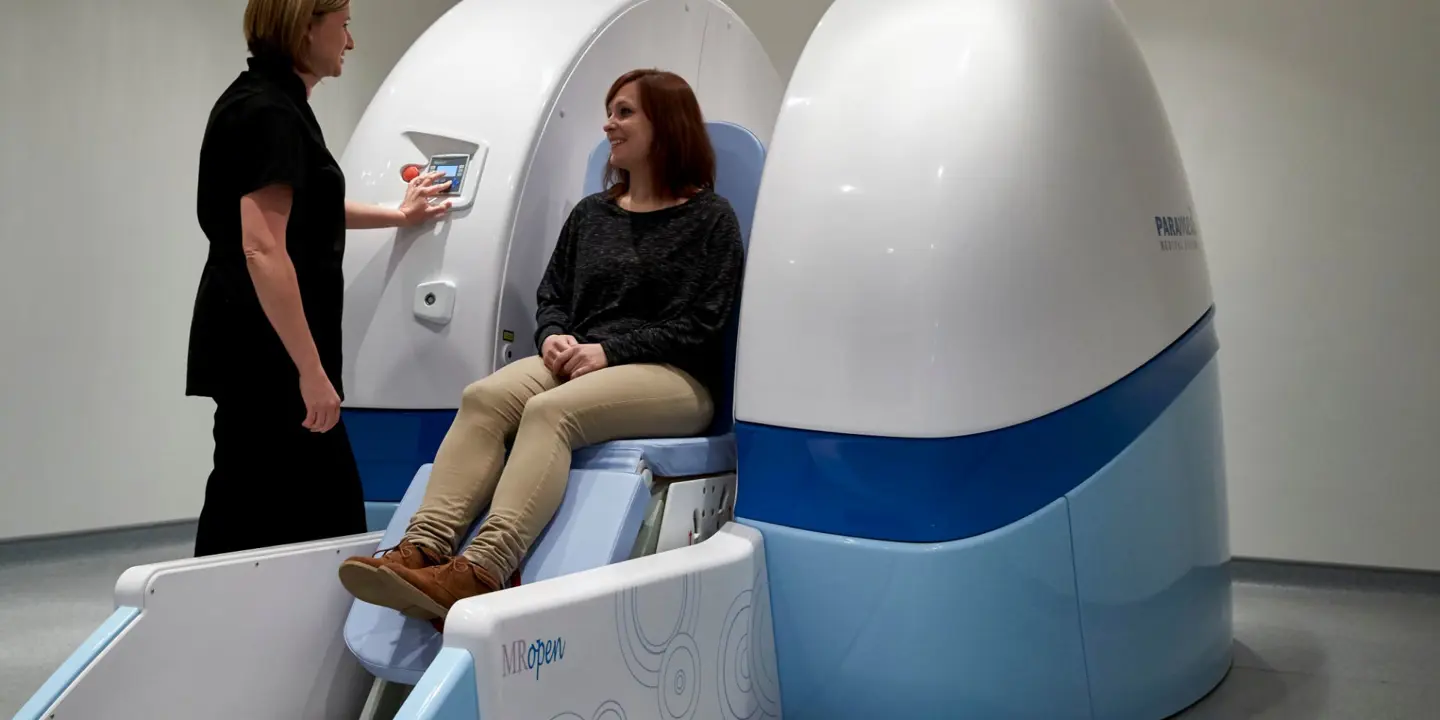8 Mental Health Tips for People Working From Home
The global pandemic has impacted every facet of our lives. Because of local restrictions, people are forced to work from home and break away from their normal routines. It is now, more than ever, that individuals need to prioritise their mental health so they can cope well with these changes.
Take care of your mental health, and try the following tips:
1. Be Kind to Yourself
Treat yourself the way you would treat others - with kindness and respect. Don’t be too harsh on yourself when things don’t go as planned at work. We’re living in a time of change and uncertainty, after all. Celebrate even the smallest victories, and pat yourself on the back for simply getting through the workday.
2. Practice Self-Care
Self-care can improve both your physical and mental well-being. It helps you manage daily stressors. The meaning of self-care could be different for everyone, so it’s important to identify what works for you. It could be as simple as taking a 30-minute break from your work or something as grand as going on a well-deserved, weeklong holiday.
3. Stay Active
Regular exercise can help improve moods and regulate symptoms of anxiety and depression. Remember, you don’t have to spend two hours at the gym to get in a good workout. Thirty minutes of consistent exercising will have just as many positive benefits to the mind and body. There are many ways to keep active, from going on walks to joining aerobics classes. If you’re pressed for time, you can try to squeeze in a quick workout during your lunch break.
4. Limit Alcohol Intake
Some people turn to alcohol to cope with work challenges. However, too much drinking can interfere with the chemicals in the brain that support good mental health. Additionally, it is linked to mental health issues like depression, memory loss and anxiety. Stay level-headed by drinking responsibly or eliminating alcohol from your diet.
5. Find a Hobby
Research suggests that people with hobbies are less likely to suffer from low mood, stress, and depression. Whether it be something athletic, creative, or academic, it’s essential to find a hobby that you enjoy. It doesn’t matter what you choose as long it makes you feel happier and relaxed.
6. Get More Sleep
Sleep helps regulate mental and emotional health. Getting enough shut-eye helps you think with clarity and allows you to make sound judgments in both your work and home lives. For this reason, avoid pulling all-nighters and try to get in at least 7 to 9 hours of sleep per day. You can help fix your sleep schedule by waking up and going to bed at the same time every day.
Avoid using your mobile devices 30 to 60 minutes before bedtime, as the blue light can disrupt your natural sleep-and-wake cycle. If possible, turn off your gadget or place it on silent/airplane mode.
7. Connect with Family and Friends
Research shows that social interaction can be beneficial to a person’s mental health. However, social distancing guidelines and local restrictions have made it difficult to interact with people in person. But thanks to technology, we can still catch up with loved ones via text messaging or video calls. Zoom, FaceTime, Skype, Messenger—there are several ways you can connect with loved ones. Take your pick!
8. Don’t Be Afraid to Reach Out
Recognising that you need help is the first step towards recovery. People who get timely, compassionate treatment can recover from mental illness and addiction and live fulfilling lives. It may help to remind yourself that seeking help is not a sign of weakness but of strength.
An Industry-Leading Private Healthcare Provider
Vista Health is one of the UK’s leading providers of specialist diagnostic services.
For questions or to book an appointment, reach out to us at 0371-705-3499. You may also fill out our online form. Our compassionate healthcare specialists will be happy to assist you.







